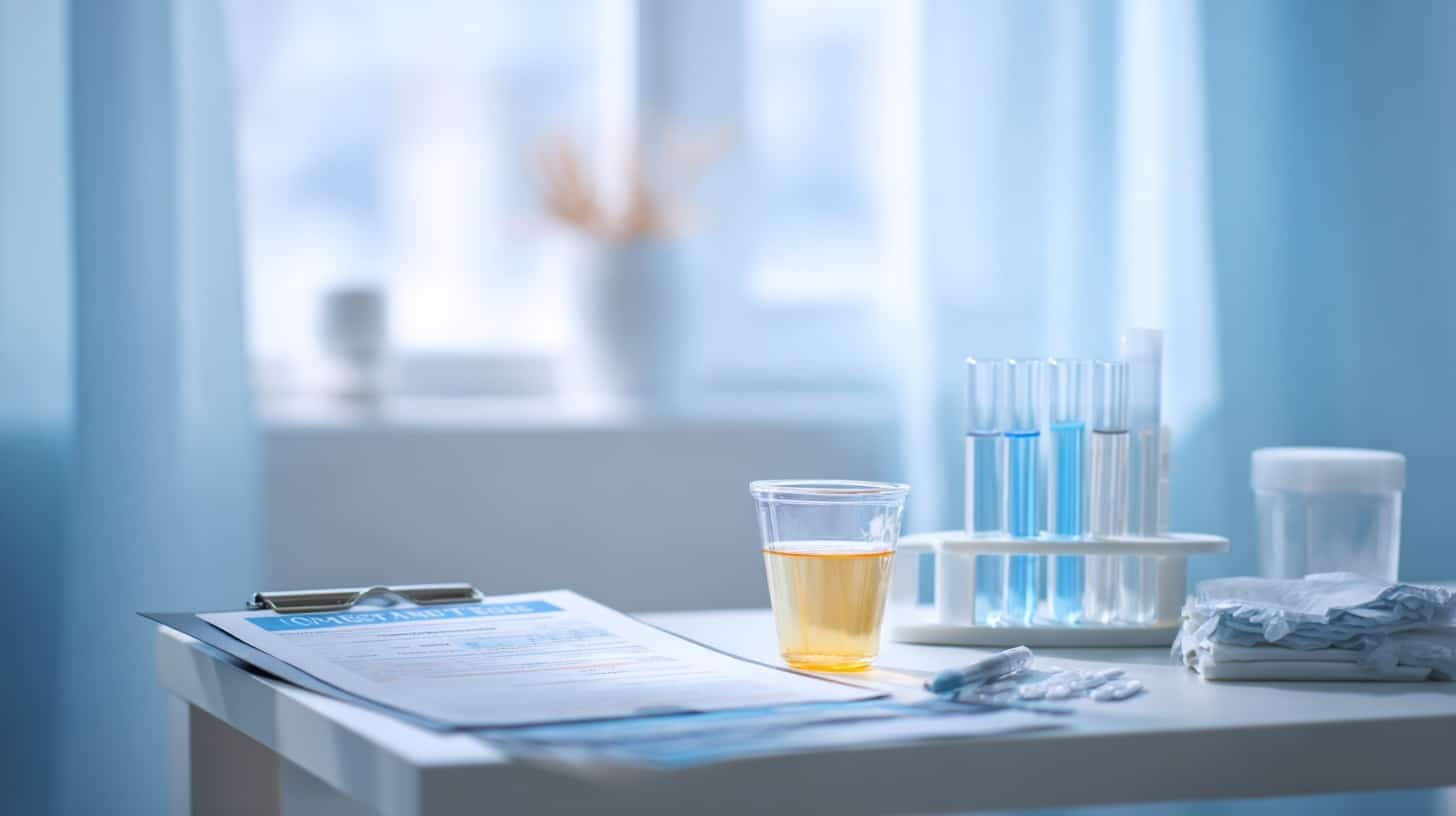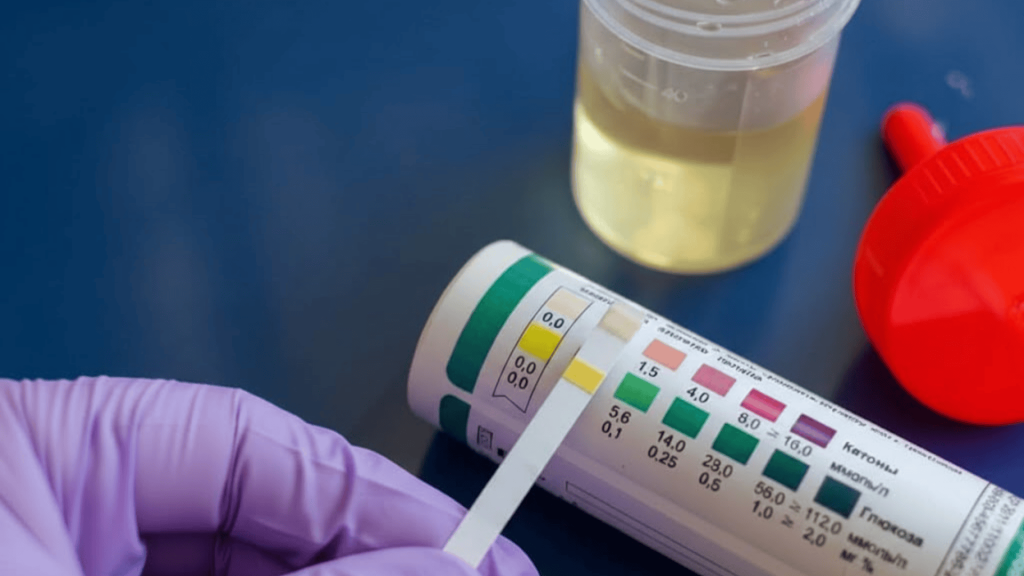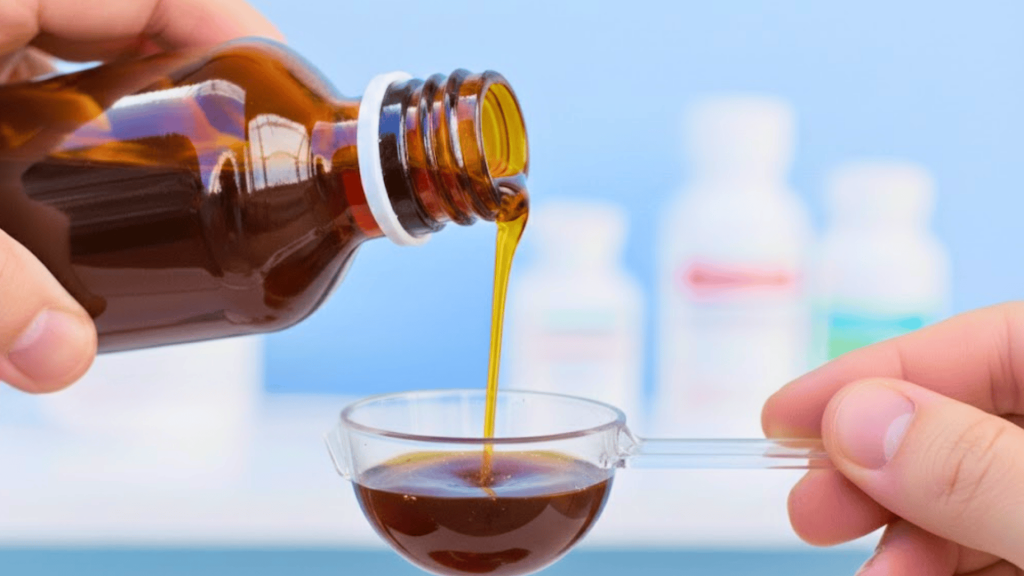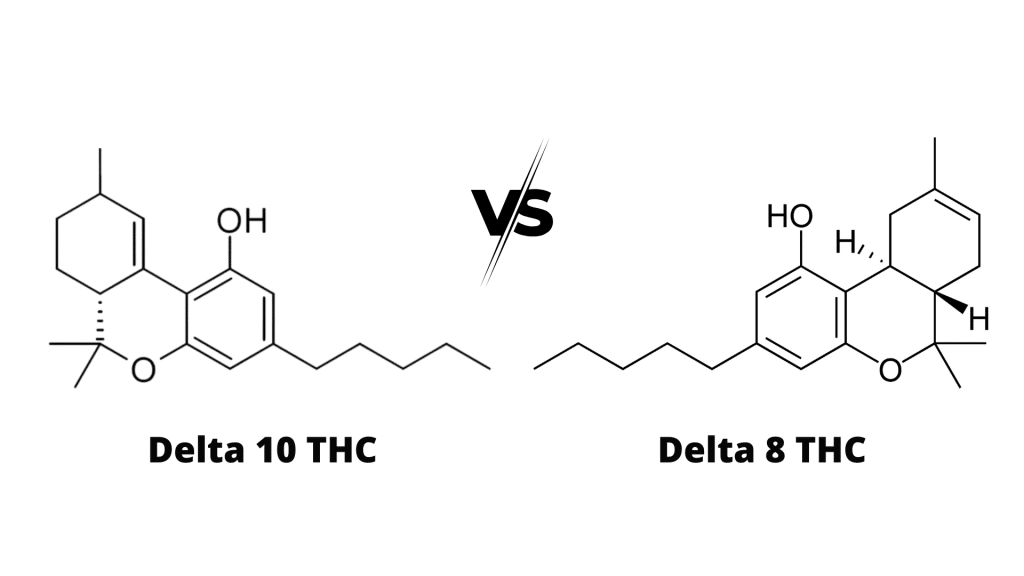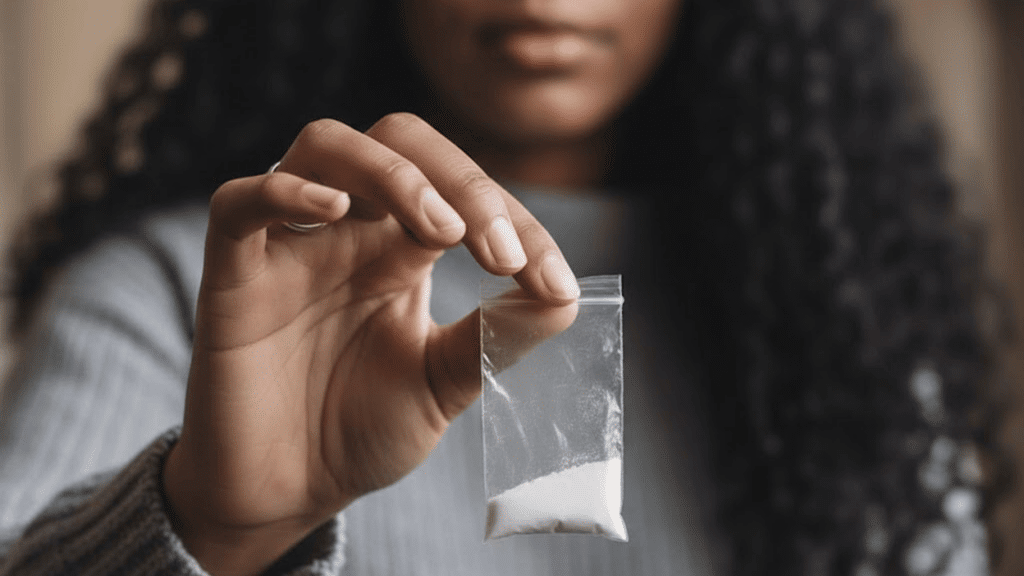I know how upsetting it feels to get a drug test result that doesn’t match your reality. You haven’t done anything wrong, yet the report says otherwise.
I’ve seen how often this happens, and it’s usually not your fault. Everyday things like supplements, cold medicine, or even poppy seed foods can confuse lab results and trigger false readings.
That’s why I wanted to break this down clearly, so you know exactly what causes a false positive drug test, how to prevent it, and what steps to take if it happens to you.
Once you understand how these tests really work, you’ll feel more confident and prepared the next time you need to take one.
Disclaimer: This article is for informational purposes only and should not replace professional medical advice, diagnosis, or treatment. Always consult your healthcare provider if you have questions about medications, supplements, or drug testing results.
Understanding How Drug Tests Work and Why False Positives Happen
Drug tests detect specific substances, but harmless foods, supplements, or medications can sometimes confuse results, causing unexpected false positives.
How the Drug Testing Process Works
Drug tests usually begin with a sample of urine, saliva, hair, or blood.
Most workplaces use urine tests because they’re quick and inexpensive. These tests, called immunoassays, detect groups of drugs but can sometimes misread similar chemicals, leading to false positive urine drug tests.
When a sample tests positive, the lab performs a confirmatory test using GC-MS or LC-MS to precisely identify the compounds.
This second test ensures accuracy, separating true drug use from accidental reactions caused by other substances in your system.
Common Substances Drug Tests Screen For
Standard drug panels typically look for amphetamines, barbiturates, benzodiazepines, cannabinoids (THC), cocaine, and opioids. These cover the most common categories of drugs that affect mood or behavior.
Some employers or medical settings use expanded panels that also include substances like methadone, fentanyl, ecstasy, or oxycodone. Each type of test focuses on identifying specific drug metabolites rather than the drug itself.
Understanding what each panel detects helps you prepare and recognize which medications or foods might overlap with these categories.
Why False Positives Happen and How to Confirm Results
False positives occur when a drug test detects a substance that looks chemically similar to a targeted drug.
This happens because the initial screening tests, known as immunoassays, sometimes react to unrelated compounds in your system, such as ingredients from medications, supplements, or certain foods.
Other factors like lab handling errors, cross-contamination, or overly sensitive test settings can also trigger incorrect readings.
Always ask whether your initial screen has been confirmed. Confirmatory testing is the key step that separates real positives from false readings.
Supplements That Can Trigger False Positives
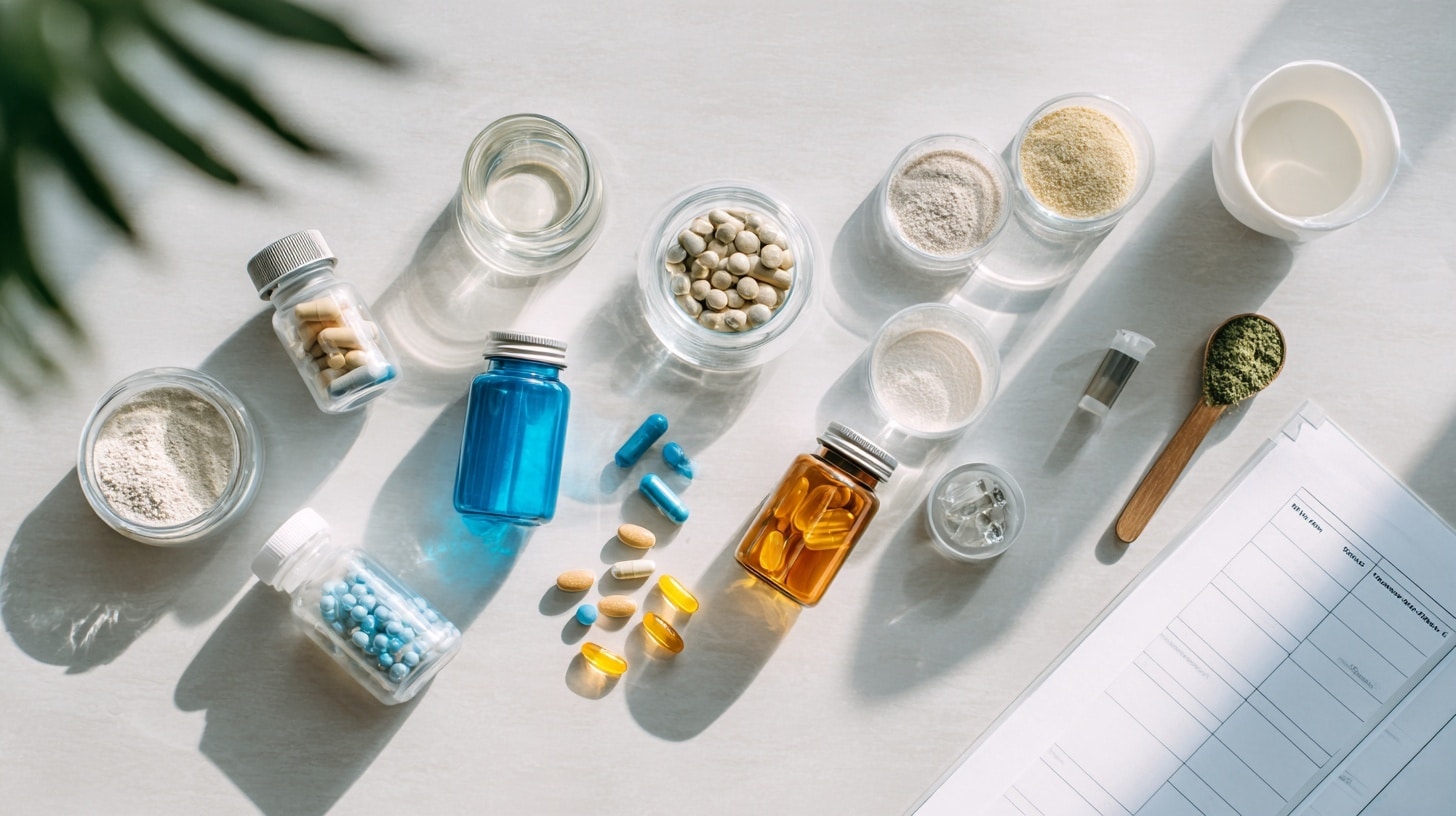
Some supplements may seem harmless but can interfere with lab tests, leading to false-positive results because of hidden or cross-reactive ingredients.
Here are the most common supplements that can interfere with drug screens and what they might show up as.
1. Dextromethorphan (Cough Syrups)
Dextromethorphan is commonly used in over-the-counter cough medicines. While it helps suppress coughing, it can also confuse certain drug tests.
Because of its chemical makeup, it sometimes reacts with immunoassays used in screenings. This may result in a false positive for PCP or opioids, especially when taken in high doses or combined with other cold products.
Quick facts:
- Common in: cough syrups, flu medicines, cold relief formulas
- Risk: false positive for PCP or opioids
- Tip: Bring packaging or note the brand and dosage for testing verification
2. Diphenhydramine (Sleep Aids and Allergy Medicine)
Diphenhydramine, found in products like Benadryl and Tylenol PM, helps with allergies and sleep but can interfere with test panels.
Some screenings mistake it for methadone or PCP because of its similar chemical structure. The chance increases with high doses or frequent use of “PM” sleep formulas.
Quick facts:
- Common in: Benadryl, Tylenol PM, ZzzQuil
- Risk: false positive for methadone or PCP
- Tip: Avoid high doses before testing and keep product packaging
3. Hemp-Derived Vitamins and Oils
Hemp-based vitamins and CBD oils are popular for relaxation and wellness. However, full-spectrum versions may include trace amounts of THC, the psychoactive component of marijuana.
Regular use can allow these small traces to accumulate, potentially leading to a positive cannabis result. This happens most often with untested or poorly labeled products.
Quick facts:
- Common in: hemp oils, CBD capsules, multivitamins
- Risk: false positive for THC
- Tip: Choose THC-free (broad-spectrum) products and save proof of ingredients
4. Energy Boosters with Caffeine Blends
Energy boosters promise alertness and stamina but often contain high caffeine levels or hidden synthetic stimulants. These substances can mimic amphetamines on drug tests.
Some blends list “proprietary ingredients,” making it hard to know what’s inside. When taken before a test, they can cause confusing results because of their stimulant effects.
Quick facts:
- Common in: energy drinks, capsules, and performance pills
- Risk: false positive for amphetamines
- Tip: Stick to natural caffeine sources like coffee or tea before testing
5. Pre-Workout Powders (Synephrine, DMAA, Yohimbine)
Pre-workout powders often contain compounds like synephrine, DMAA, or yohimbine to boost endurance and focus.
These ingredients stimulate the nervous system and can resemble amphetamines in urine screens. Using these powders near testing dates raises the likelihood of false positives, especially with unregulated brands.
Quick facts:
- Common in: pre-workout powders, fitness supplements
- Risk: false positive for amphetamines
- Tip: Avoid stimulant-based pre-workouts before testing; use stimulant-free alternatives
6. Weight-Loss Supplements (Ephedra-Like Compounds)
Many weight-loss pills use ephedra-like ingredients that speed up metabolism and burn fat.
Unfortunately, these compounds also mimic the chemical structure of amphetamines, making them a common cause of false positives. Frequent users or those taking high doses are most at risk during screenings.
Quick facts:
- Common in: fat burners and appetite suppressants
- Risk: false positive for amphetamines
- Tip: Stop use a week before testing and bring product details if needed
7. Creatine Powders with Additives
Creatine supports muscle strength, but some blends add stimulants or “focus enhancers” that can interfere with testing.
Cross-contamination during manufacturing also increases the risk of false positives. Products made in facilities handling stimulant supplements can unknowingly pick up residues.
Quick facts:
- Common in: mixed creatine blends and flavored workout powders
- Risk: false positive for stimulants or amphetamines
- Tip: Choose pure creatine monohydrate and avoid flavored stimulant versions
8. Herbal Focus or Mood Blends (Guarana, Kava, Others)
Herbal blends meant to enhance focus or relaxation often contain active compounds that can confuse lab tests.
Guarana’s caffeine can resemble amphetamines, while kava might mimic sedatives like benzodiazepines. Because herbal supplements are poorly regulated, ingredient strength and purity vary widely between brands.
Quick facts:
- Common in: mood, stress, or focus support blends
- Risk: false positive for stimulants or sedatives
- Tip: Avoid herbal blends before testing; stick to verified single-ingredient products
9. Testosterone Boosters
Testosterone boosters claim to improve muscle growth and stamina, but some contain undeclared anabolic steroids or hormone precursors.
These ingredients can trigger a positive result for banned anabolic substances, even when taken as “natural” supplements. Unregulated formulas are especially risky for false positives.
Quick facts:
- Common in: muscle-building and libido-boosting supplements
- Risk: false positive for anabolic steroids
- Tip: Use third-party-tested brands and disclose supplement use before testing
10. Ayurvedic or Traditional Herbal Tonics
Traditional herbal tonics used for energy or immunity may include trace amounts of natural alkaloids that mimic opioids. These ingredients are not always listed, making false positives possible during opioid screenings.
Homemade or untested herbal preparations are particularly unpredictable.
Quick facts:
- Common in: herbal tonics, wellness syrups, and energy drinks
- Risk: false positive for opiates or morphine
- Tip: Pause tonic use before testing and document all ingredients
11. Detox or Cleanse Supplements (Niacin, Goldenseal Mixes)
Detox and cleanse products claim to remove toxins, but often interfere with test chemistry.
Ingredients like niacin and goldenseal can change urine pH or color, causing invalid or positive results. These products don’t actually “clear drugs” and can sometimes make your test look tampered with.
Quick facts:
- Common in: detox drinks and cleanse pills
- Risk: false or invalid test results
- Tip: Avoid detox products completely; rely on official retesting if needed
Foods That Can Cause False Positives
Some common foods contain natural compounds that resemble drug chemicals, sometimes confusing drug tests and leading to unexpected false-positive results.
Everyday Foods Linked to False Positives
Certain foods can interfere with drug test results due to their natural ingredients or chemical structure. Here are a few examples to watch for:
- Poppy seeds can mimic morphine or codeine.
- Hemp and CBD products with trace THC content may trigger THC positives.
- Coca tea contains alkaloids similar to cocaine.
- Tonic water contains quinine, sometimes flagged in cocaine or opioid panels.
- Fermented or yeast-based foods may yield alcohol-positive results on ETG tests.
How to Avoid Food-Related Test Issues
To prevent false positives, avoid risky foods like poppy seeds, hemp, or coca tea at least forty-eight hours before your test. Always read ingredient labels carefully, especially for hemp or herbal products.
If you consume these foods, keep the packaging or receipts as proof in case results need verification.
When a test is approaching, plan meals thoughtfully, drink plenty of water, and communicate honestly with the testing lab about anything that might affect your results.
Medications That May Cause False Positives
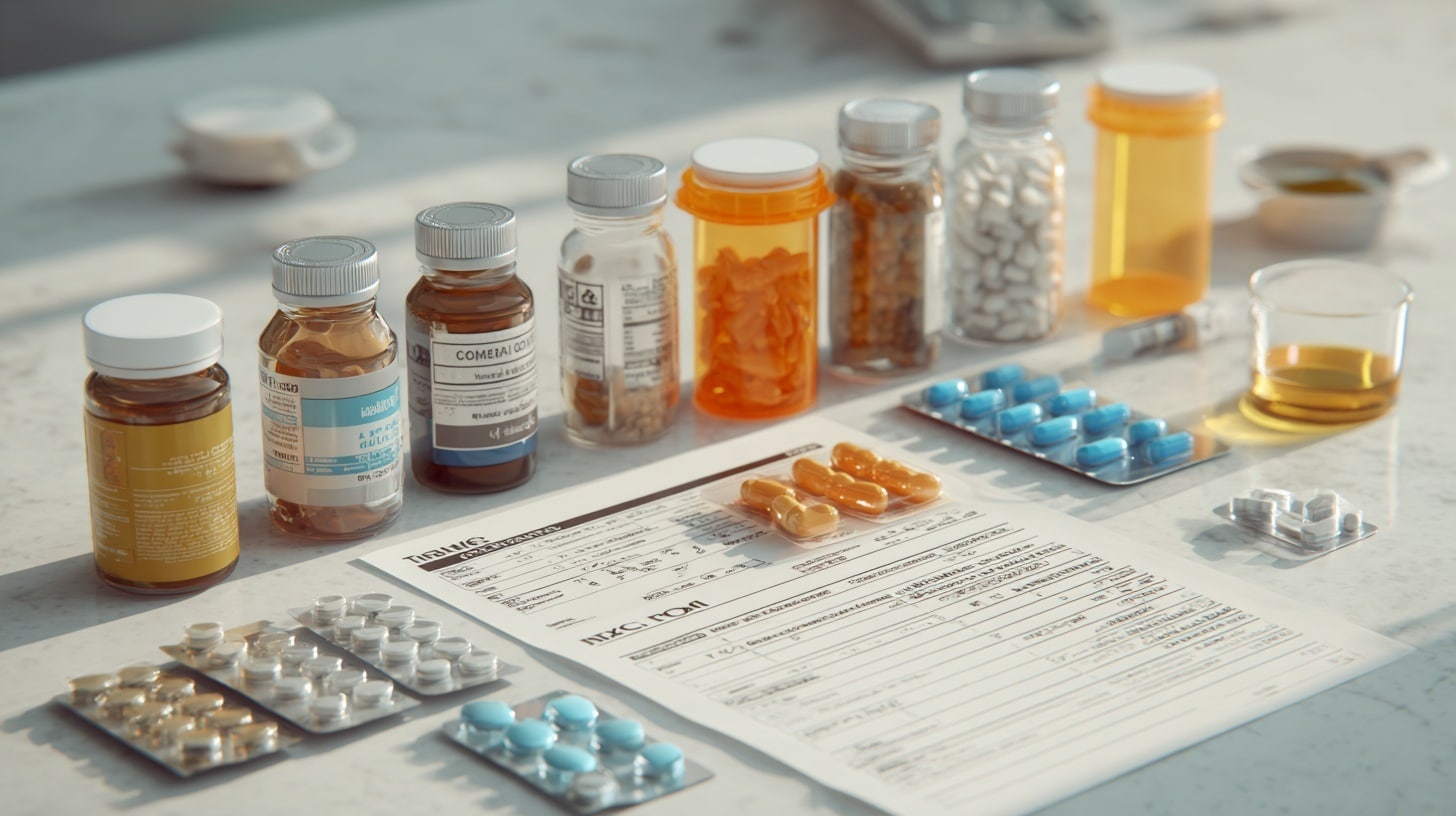
Some prescription and over-the-counter medications share similar chemical structures with illegal drugs, which can confuse test panels and cause false positives.
| Medication Type | Common Examples | Possible False Positive For | Tips to Prevent Issues |
|---|---|---|---|
| Antidepressants | Bupropion (Wellbutrin), Sertraline (Zoloft), Trazodone | Amphetamines, Benzodiazepines | Inform the lab and bring a prescription copy. |
| ADHD Medications | Methylphenidate (Ritalin), Atomoxetine (Strattera) | Amphetamines | Carry a doctor’s note or prescription. |
| Beta Blockers | Labetalol | Amphetamines or Methamphetamines | Mention beta-blocker use before testing. |
| Decongestants | Pseudoephedrine (Sudafed), Phenylephrine | Amphetamines or Methamphetamines | Avoid 24–48 hours before testing if possible. |
| Pain Relievers (OTC) | Ibuprofen, Naproxen | Barbiturates or THC | Use normal doses and inform the technician. |
| Antibiotics | Levofloxacin, Ofloxacin | Opiates | Disclose antibiotic use before sample collection. |
| Antipsychotics | Quetiapine (Seroquel), Chlorpromazine | Methadone, Tricyclic Antidepressants | Note psychiatric medication on test forms. |
| HIV Medications | Efavirenz (Sustiva) | THC or Benzodiazepines | Keep a record of all HIV meds and dosages. |
| Proton Pump Inhibitors | Pantoprazole (Protonix), Omeprazole | THC | Inform the lab staff and bring the medication proof. |
| Antihistamines | Diphenhydramine (Benadryl), Doxylamine (Unisom) | PCP or Methadone | Avoid unnecessary use near testing dates. |
| Rifamycins (Antibiotics) | Rifampin | Opiates | Consult your doctor about cross-reactivity. |
Never stop your prescribed medication before a test without medical advice. Instead, inform the testing center about everything you take, including OTC drugs, to ensure accurate and fair results.
Scientific Evidence and Clinical References
Scientific research confirms that initial drug screenings often rely on immunoassay methods, which can sometimes mistake unrelated compounds for controlled substances.
According to the Substance Abuse and Mental Health Services Administration (SAMHSA), confirmatory tests like Gas Chromatography–Mass Spectrometry (GC-MS) and Liquid Chromatography–Mass Spectrometry (LC-MS) are considered the gold standard for verifying positive results and preventing misidentification .
The Mayo Clinic Proceedings emphasizes that false-positive results from immunoassays can cause serious social and medical consequences if not confirmed with these advanced methods, highlighting the importance of secondary verification.
The U.S. Food and Drug Administration (FDA) further notes that medications such as antibiotics, antidepressants, and over-the-counter pain relievers can interfere with certain drug test panels, leading to cross-reactivity issues that require professional interpretation and confirmation.
Together, this evidence supports the need for proper documentation, disclosure of all supplements and medications, and follow-up testing to distinguish genuine drug use from false positives caused by harmless or legally prescribed substances.
How to Prepare and What to Do If You Get a False Positive
By taking a few precautions before your test and knowing how to respond afterward, you can protect your reputation and ensure accurate results.
Before the Test
Being proactive makes a big difference in preventing mistakes during drug screening. Here’s how to prepare:
- List everything you take: Write down all prescriptions, over-the-counter drugs, vitamins, and herbal supplements from the past few days.
- Avoid high-risk items: Skip foods or supplements that often cause issues, such as poppy seeds, hemp oils, or detox drinks.
- Stay hydrated: Drink water normally, enough to stay hydrated but not so much that your urine becomes diluted.
- Keep your records ready: Bring medication bottles, supplement labels, or doctor’s notes in case the lab requests verification.
- Be upfront with the technician: Tell them about any medications or supplements before testing starts.
- Plan ahead: Avoid starting any new supplements or nonessential medications close to your testing date.
- Rest well: Fatigue and dehydration can sometimes affect sample quality, so sleep well the night before.
If You Receive a False Positive
A false positive can be stressful, but it doesn’t mean the situation is out of your control.
Here’s what to do:
- Stay calm and ask questions: Politely ask whether a confirmatory test (GC-MS or LC-MS) was performed. These tests identify the exact compounds in your sample.
- Request a retest if needed: If a confirmatory test hasn’t been done, ask for one using the same specimen.
- Provide documentation: Share your list of medications, supplements, or vitamins, along with copies of prescriptions or product labels.
- Explain recent use honestly: If you took any over-the-counter cold medicine, energy drink, or herbal supplement, mention it clearly.
- Know your rights: You can request re-analysis or appeal before any final employment or legal decision is made.
- Ask for professional guidance: If the issue continues, consult your doctor to provide written confirmation that your results may be due to cross-reactivity.
Final Thoughts
If you’ve ever faced a false positive drug test, I completely understand how stressful it can be.
But now that you know what can trigger it, from sleep aids to vitamins, you’re better prepared to handle it calmly.
Always keep track of your medications, talk openly with your doctor or lab technician, and ask for confirmatory testing before assuming the worst. You deserve results that tell the truth about your health, not errors caused by simple mix-ups.
I hope this guide gives you a sense of control and peace of mind. If it helped, I’d love for you to check out my other posts for more honest, easy-to-understand advice on staying healthy and informed.

